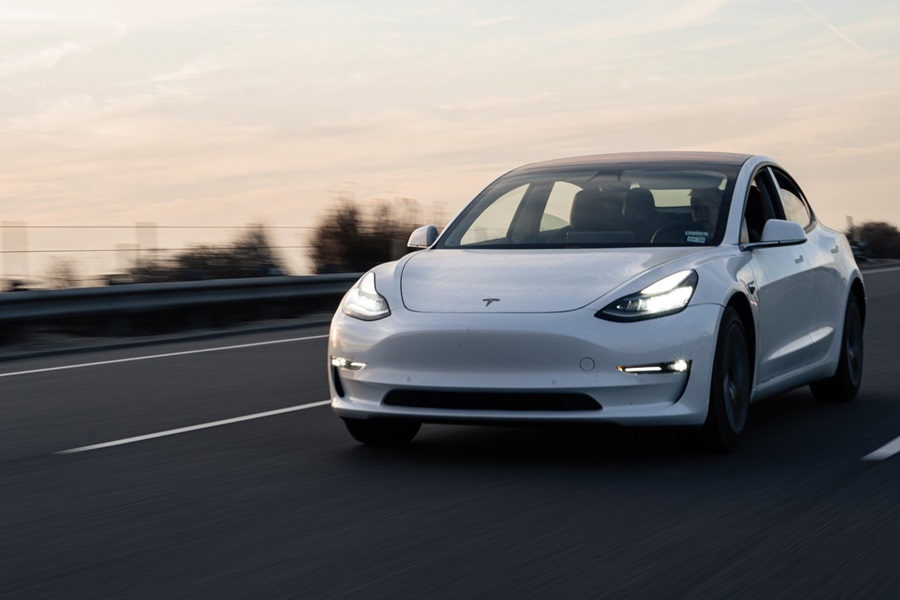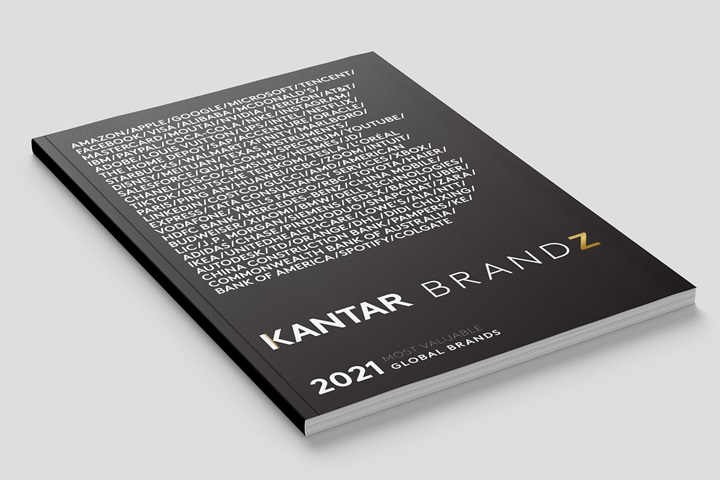According to the Kantar BrandZ™ Most Valuable Global Brands 2021 ranking, Tesla has surged ahead of its rivals in the automotive sector, with 275% brand growth and a valuation of $42bn. It also reported full-year profit for the first time.
While Tesla more than trebled its brand value, increasing from $11.35bn in 2020 to $42.6bn in 2021, German automotive makers had a strong year, with brand value increasing by 21% for BMW to $24.8bn, Audi by 22% to $8.9bn, and Mercedes-Benz by 21% to $25.8bn.
Honda led the charge for Japanese brands, growing its brand value by 6%, compared to a less positive year for Toyota and Nissan, declining their brand values by 5% and 4% respectively.
Only the top four car brands achieved a brand value high enough to be ranked in the Top 100 Global Brands, with Tesla’s meteoric rise positioning it at #47 in the index.
The Kantar BrandZ Most Valuable Global Brands 2021: Automotive Sector
|
Rank 2021 |
Rank Change |
Brand |
Country of Origin |
Brand value 2021 ($MN) |
Brand value 2020 ($MN) |
Brand Value Change |
|
1 |
+3 |
Tesla |
US |
42,606 |
11,350 |
+275% |
|
2 |
-1 |
Toyota |
Japan |
26,974 |
28,388 |
-5% |
|
3 |
-1 |
Mercedes-Benz |
Germany |
25,835 |
21,349 |
+21% |
|
4 |
-1 |
BMW |
Germany |
24,821 |
20,517 |
+21% |
|
5 |
+1 |
Honda |
Japan |
10,570 |
9,974 |
+6% |
|
6 |
-1 |
Ford |
US |
10,444 |
10,067 |
+4% |
|
7 |
+1 |
Audi |
Germany |
8,931 |
7,334 |
+22% |
|
8 |
-1 |
Nissan |
Japan |
8,317 |
8,658 |
-4% |
|
9 |
0 |
Volkswagen |
Germany |
7,059 |
6,462 |
+9% |
|
10 |
0 |
Porsche |
Germany |
6,858 |
5,606 |
+22% |
While Tesla has clearly shown tremendous growth, and Toyota is well established as a hybrid/EV manufacturer, other established carmakers like Mercedes-Benz and BMW are seeing the brand growth benefits of transforming new production and promoting hybrid, electric and other new fuel vehicles.
Those brands growing their value in this year’s index have been faster to adapt and have been rewarded as a result. The challenge now is for car brands to embrace their responsibility along the entire cycle of production and use and clearly communicate progress to their customer base.
Automakers lagging on environmental responsibility
Tesla’s position may be as the poster child for environmental responsibility, but the automotive industry is falling behind compared to other industries. While all brands are trending upwards from 2020 in terms of perceptions of being environmentally responsible, they are still perceived as being behind when compared to other companies ranked in Kantar BrandZ Most Valuable Brands ranking. To catch up with Tesla, brands like Toyota must communicate more emphatically about their environmental credentials and leverage this with a broader point of difference. Our Issues Radar research shows us that the automotive industry’s environmental performance dominates the social conversation around sustainability, telling us there is a willing audience to hear how these brands reshape their industry.
Fresh marketing required to broaden consumer appeal
The results in this year’s ranking show that brands need to meaningfully engage with their audience to drive business. Even Tesla, with the largest stock valuation ahead of Toyota and the most valuable automotive brand in the ranking, has the opportunity to meet the needs of more consumers by becoming more meaningful.
Car brands have traditionally used marketing to position themselves as desirable, contemporary, and adventurous. Failing to communicate open, honest, and fair brand values may inhibit future growth as consumers increasingly align with brands who show their commitment to ethical and social practices.
This year’s results show that high growth brands have a stronger reputation, especially for sustainable and ethical purposes. For automotive makers, the results suggest that leveraging environmental responsibility with meaningful difference is the winning formula for future growth in this sector.
To find out more about how consumers’ transport behaviour and preferences are evolving, join our Mobility Futures webinar on 20 July.


